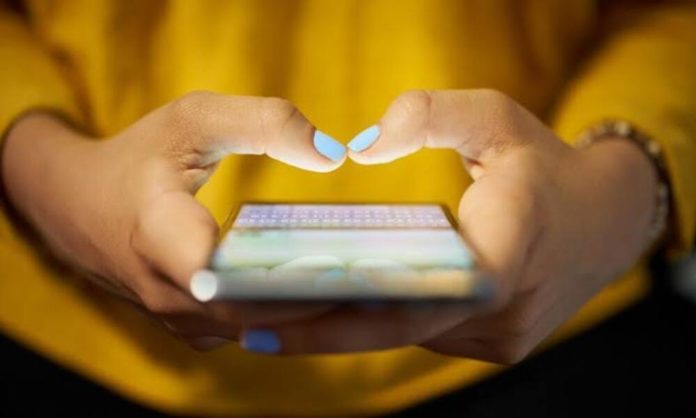Social media break isn’t only integral to maintaining one’s sanity – it is also a reminder to shift our focus on things that matter the most. Around the world, about 3.96 billion people use social media, spending an average of 144 minutes on it every day. To ensure that social media has a positive impact on your health, it’s important to be conscious of how you’re using it. That means knowing when to take a break and directing your attention elsewhere.
Because these social networking sites are known to lure you in and keep you addicted, it’s imperative to learn how to take a break from social media. Here are a few common signs and strategies for taking a refreshing social media break.
1. Create A Goal
While social media directs the majority of our activities related to social engagement and work – it is almost impossible to shut it out. However, some simple steps can ensure that you limit your social media usage only to a healthy amount. Your social media break goal can include any of the following.
- Avoiding engaging in unhealthy conversations, topics, or debates
- Stopping the use of a specific app for a certain number of days or limiting the screen time on them
- Using social media for a maximum of 60 minutes a day.
2. Turn Off Notifications
Constant reminders and notifications lure us to check into messages constantly even if they are not worthy of attention. Turning off notifications will not only help you concentrate but also won’t divert your attention when you are in the middle of the tasks.

Read More: Reasons Why Being Multilingual Is Just Awesome
3. Replace Activities With Social Media
Whenever a person has a strong urge to visit social media sites, they can look for alternative activities. One of the advantages of abstaining from social media is that a person may have more time to do other things. Add time for a walk in the park and a coffee meeting with a friend. Adding activities will help you limit your screentime and won’t lead to withdrawal uses.
4. Delete Apps
Analyse the social media apps which are installed on your phone and see if they are worth taking up the space. Ask yourself if you check them every day or if you need them in your day-to-day routine. Deleting apps may help a person stop automatically checking them, and not get distracted by posts and updates.

5. Put Phone Away At Night
This can help you avoid the urge to start scrolling if you can’t fall asleep. Chances are it will also allow you to get better sleep, which can improve your health and combat other negative side effects of excessive social media use, such as loneliness or depression.
6. Temporarily Disable Accounts
If you find that deleting apps is not effective, you may temporarily disable the accounts. This may mean that it takes more time before you can log into their accounts again.

7. Try Social Media Detox
Try cutting social media out of your life starting with a few hours leading up to 24 and then for 48 hours. This will help you develop the habit of not checking your phones constantly.
Read More: How To Fall Asleep When You’re Stressed
Stay tuned to Brandsynario for the latest news and updates.







































